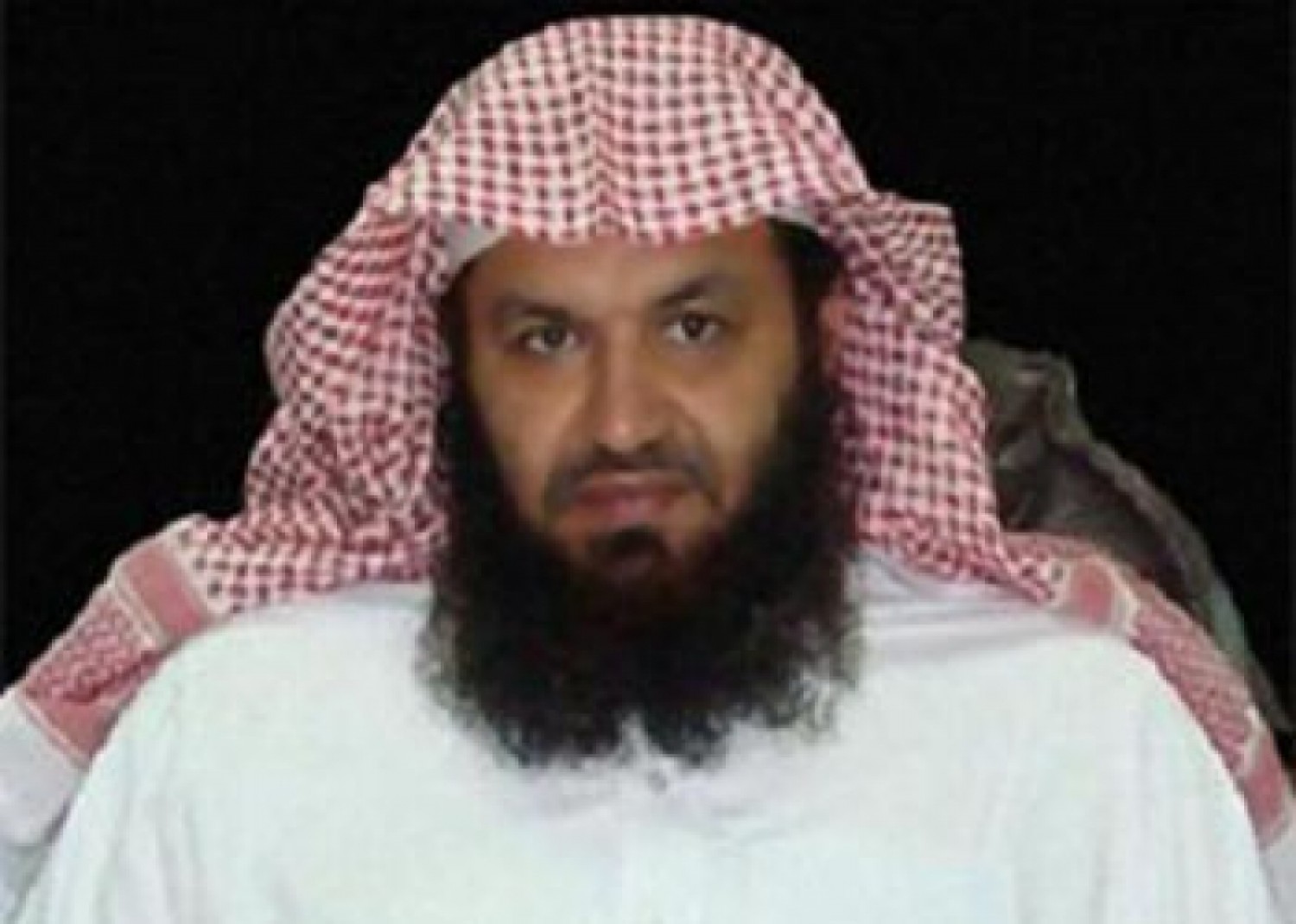
For more than one year and eight months, news of Saudi preacher Suleiman al-Dawish (23 September 1968) has been cut off from his family after he was forcibly disappeared during a visit to Mecca. At 9 a.m. on 22 April 2016, during a phone conversation with his family, al-Dawish saw men approaching him. He asked his family to hang up the phone, saying that he would call them back later. When he did not call, his family called him but his phone was turned off. His family later learned that the rental car he was using had been returned to the rental car company by someone from the military.
Al-Dawish’s family knows no details about his arrest, nor the reasons he was arrested, and has not been formally provided with any information about his whereabouts. Although the Ministry of Interior put al-Dawish’s name on its dedicated electronic website, “Nafethah,” that identifies the names and cases of detainees, the scant data there indicated only that he is “under investigation,” and the name was removed after a time.
Official accounts of al-Dawish’s whereabouts have been contradictory, and one official acknowledged that he was arrested on charges of inciting public opinion without giving any details. In vain, the family has sought out official entities, as well as the Royal Court, to learn his whereabouts, such as the notorious Mabahith (secret police) prison. When they made inquiries with the Royal Court a second time, the son was arrested for 15 days.
Between July and August 2017, after nearly 15 months of enforced disappearance, al-Dawish’s family had only one contact with him, without knowing where he was calling from. In Saudi Arabia, it is not uncommon for the political prisoner himself to not know where he is because forces from the Ministry of Interior or the Presidency of State Security cover prisoners’ eyes when they are transferred to detention centers or are moved within their places of detention. During the contact, it appeared that al-Dawish was not in his normal state. At the time of this report, more than five months have elapsed since his only communication, and his close circle is concerned for his life and fate. Saudi political prisons have already had several deaths, many of them under mysterious circumstances.
Despite the mystery surrounding the case, some information indicates that the reason for his arrest is Twitter tweets published on 21 April 2016, the day before his arrest, in which he talked about a father’s relationship with his son and advice for fathers. It is thought that the repressive Mabahith saw in these tweets a reference to the relationship between King Salman and his son, Crown Prince Mohammad bin Salman, and changes in governance within the country.
The European Saudi Organization for Human Rights (ESOHR) believes that the circumstances of al-Dawish’s case put him among those forcibly disappeared, as defined in Article 2 of the International Convention for the Protection of All Persons from Enforced Disappearance: “the arrest, detention, abduction or any other form of deprivation of liberty by agents of the State… followed by a refusal to acknowledge the deprivation of liberty or by concealment of the fate or whereabouts of the disappeared person.”
The ESOHR is registering its concerns for the fate of al-Dawish, and the poor treatment in Saudi prisons, at a time when enforced disappearance is being linked to the return of the practice of torture and ill- treatment, both of which are banned by the Convention against Torture, ratified by Saudi Arabia 1997. According to the ESOHR’s information, Saudi Arabia has recently been carrying out gruesome torture in Mabahith prisons.
Saudi Arabia is required to disclose the whereabouts of the preacher Suleiman al-Dawish, to allow him to meet with his family and the outside world, and to ensure that he is not subjected to any ill-treatment. The Saudi government bears full responsibility should al-Dawish suffer any harm.
